Data analytics will play a major role in Smart Cities Mission: PP Chaudhary, MoS, MeITY
Updated: Mar 17, 2017 07:56:46am
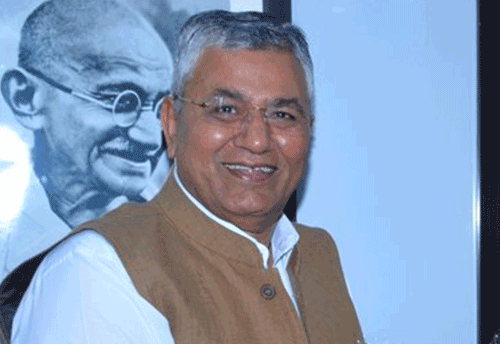
Data analytics will play a major role in Smart Cities Mission: PP Chaudhary, MoS, MeITY
New Delhi, Mar 17 (KNN) Developing citizen-friendly and economically viable cities is an urban initiative by the Government of India. Cities are engines of economic growth, and it is anticipated that 40 per cent of India's population will live in cities by 2030. With the rapid rise in the proportion of people living in urban areas, there is an increasing demand for sustainable cities. Hence, Prime Minister Narendra Modi’s mission of Smart Cities is intended to transform the lives and living conditions of the citizens of the country.
A series of steps have been initiated by the government to set the ball rolling in its ambitious plan to create Smart Cities across India. This is evident from the fact that by June 2017, a total of 510 projects with a total investment of Rs 20,669 crore will take off, India-China Economic and Cultural Council said in a release.
The 4thedition of the Smart Cities Summit held in Pragati Maidan, New Delhi,brings together over 1,500 global and national policymakers, financiers and technologists, coupled with over 25 city and state representatives for one unanimous agenda—MISSION EXECUTION. The Summit has been organised by ASAPP Info Global Group and the India China Economic and Cultural Council, in partnership with the Smart Cities Council India.
The event was inaugurated by Chief Guest PP Chaudhary, Minister of State, Ministry of Electronics and Information Technology, Government of India.
During his address, he emphasised on the government’s Digital India initiatives. Initiatives and schemes, he says, “such as biometric based digital identity of citizens —Aadhaar, Digital Lockers,computerisation of land records, etc.,are gaining momentum in India.”
His address was followed by the launch of the India Readiness Guide Version 2,which is a conceptual roadmap to address growth strategies by focusing on universal principles that unite key areas of a city.
During his inaugural address, Pratap Padode, Founder Director, Smart Cities Council India, said the country needs to build 700 to 900 million sq m per annum (equal to one Chicago every year) and requires 350 to 400 km of Metro lines annually. Further, he lauded the efforts by the Indian government on various fronts such as AMRUT which plans to give $7.5 billion to 500 Indian cities over five years for investments in basic amenities and energy-saving measures such as LEDs, which can save $7 billion a year, if 770 million incandescent bulbs and 35 million streetlights are changed.
Mohammad Saqib, Secretary General, India China Economic and Cultural Council said, “India and China share a similar context in terms of urban population and infrastructure challenges. In order to meet these challenges, China was among the first few countries to have successfully implemented the concept of smart cities and develop the requisite infrastructure to meet the urban challenges. Many of the leading companies are here to showcase their technology and are looking to forge new business partnerships in India. It’s an excellent opportunity for Indian companies to get an exposure towards Chinese technology and machinery which could be very useful in empowering the manufacturing industry. We are sure that this event would significantly contribute in supporting the “Make in India” campaign too. This will truly advance the Hon’ble Prime Minister’s vision forward and “transform ideas into action.”
In his keynote address, Deepak Bagla, MD & CEO, Invest India,spoke about Chinese investment in India. “From 2000 till 2015, the total investment was $1.6 billion.However, since then, it has zoomed up to $30 billion,” he said. He further emphasised on the need to develop new financial models to support urban local bodies for their projects as currently, the burden has been shared between Central, State and Municipal Corporations.
Guest of honour, Zheng Bin, CEO, Industrial And Commercial Bank of China Ltd & Chairman,MCEA, spoke about how Chinese companies can extend their support to Indian cities in terms of smart utilities, advanced surveillance and lighting technologies.
In his concluding remarks, Liu Jinsong, Minister & DCM, Embassy of People’s Republic of China stressed upon replicating the model of century-old cities that existed in India such as Harappa and Mohenjo-Daro. According to him, the current planners or authorities must think about building medium and small cities, rather than large ones, as city management would be more effective.
The summit witnessed participation from city commissioners from over 25 cities, city CEOs, urban planning consultants, international Smart City experts from USA, China, Korea and CEOs from companies like Microsoft, IBM, Philips, Ola, Intel, Tata Projects, Schneider, Hikvision, Bechtel, Thomson Reuters, Mahindra Lifespaces, HCC, and Alstom, among others.
Over the next three days, the summit will showcase over 20 dedicated lessons learned and case studies from Smart City deployments around the world. Furthermore, the summit will explore areas such as transport, planning cities for the future, technologies, IoT, sanitation and waste management, and PPP, through various sessions. During the event, the Smart Cities Council India will also announce the winner of the “Smart City Leader of the Year” award for which online voting is underway.
Since the first edition of the Smart Cities Summit in 2014, it has succeeded to become a referential event to support the development of Indian cities. With 72 hours of professional, institutional and social meetings, the Summit is a leading platform of ideas, networking sessions, experiences and international business deals that gathers together the highest level of stakeholders, in the context of urban development.

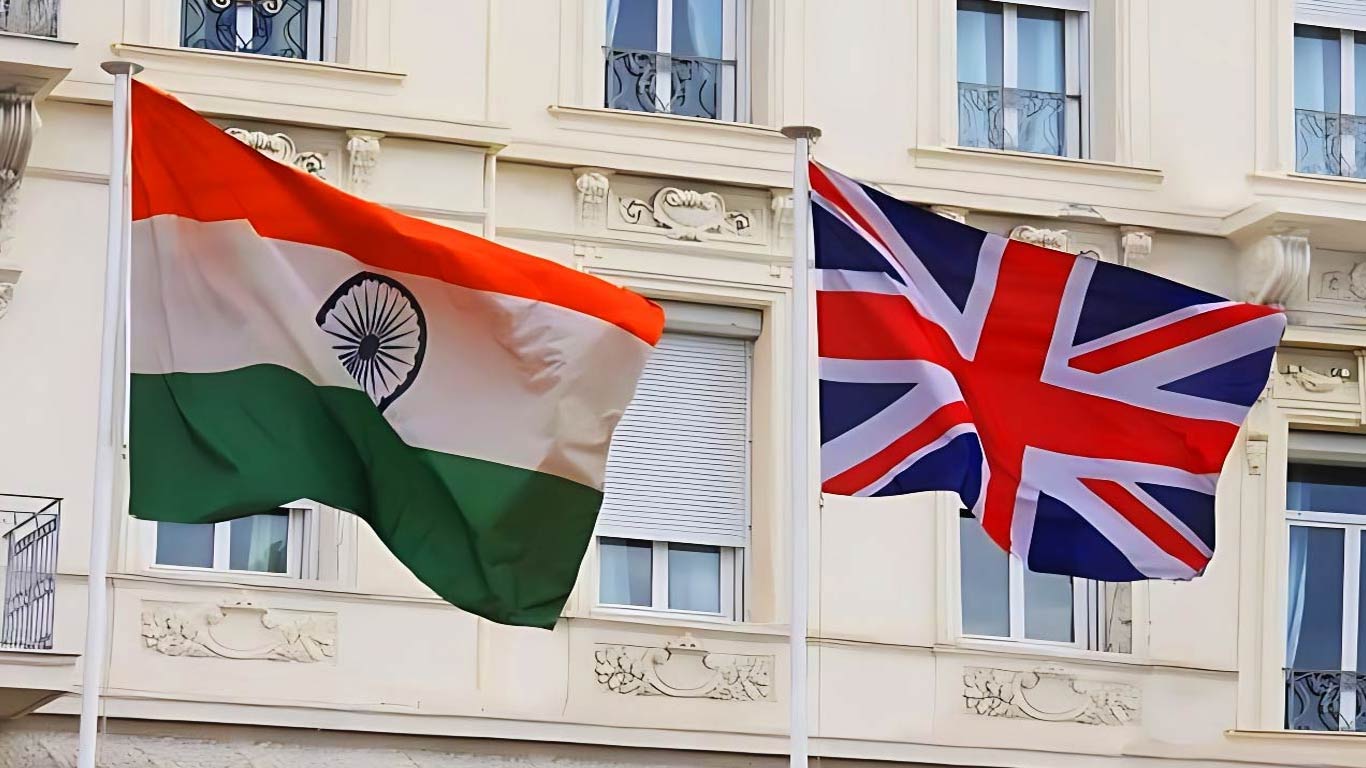
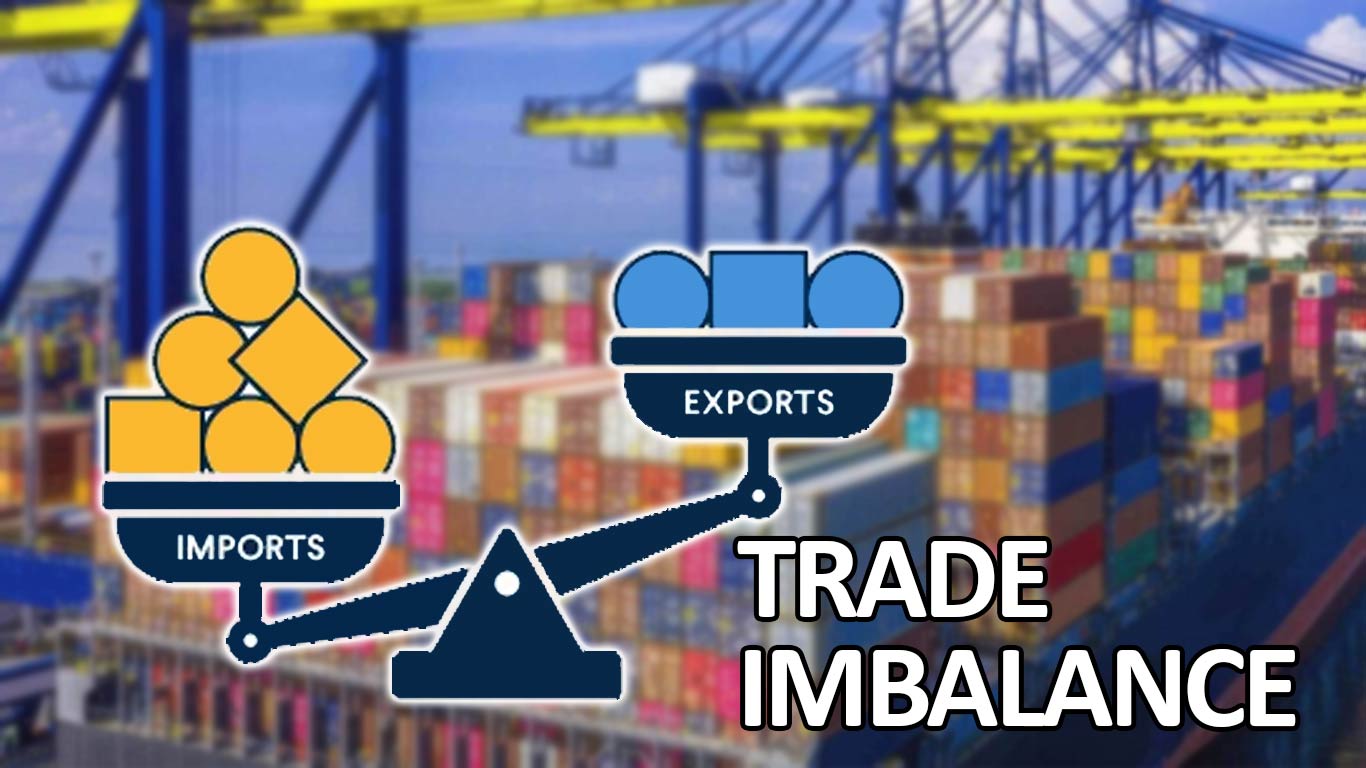

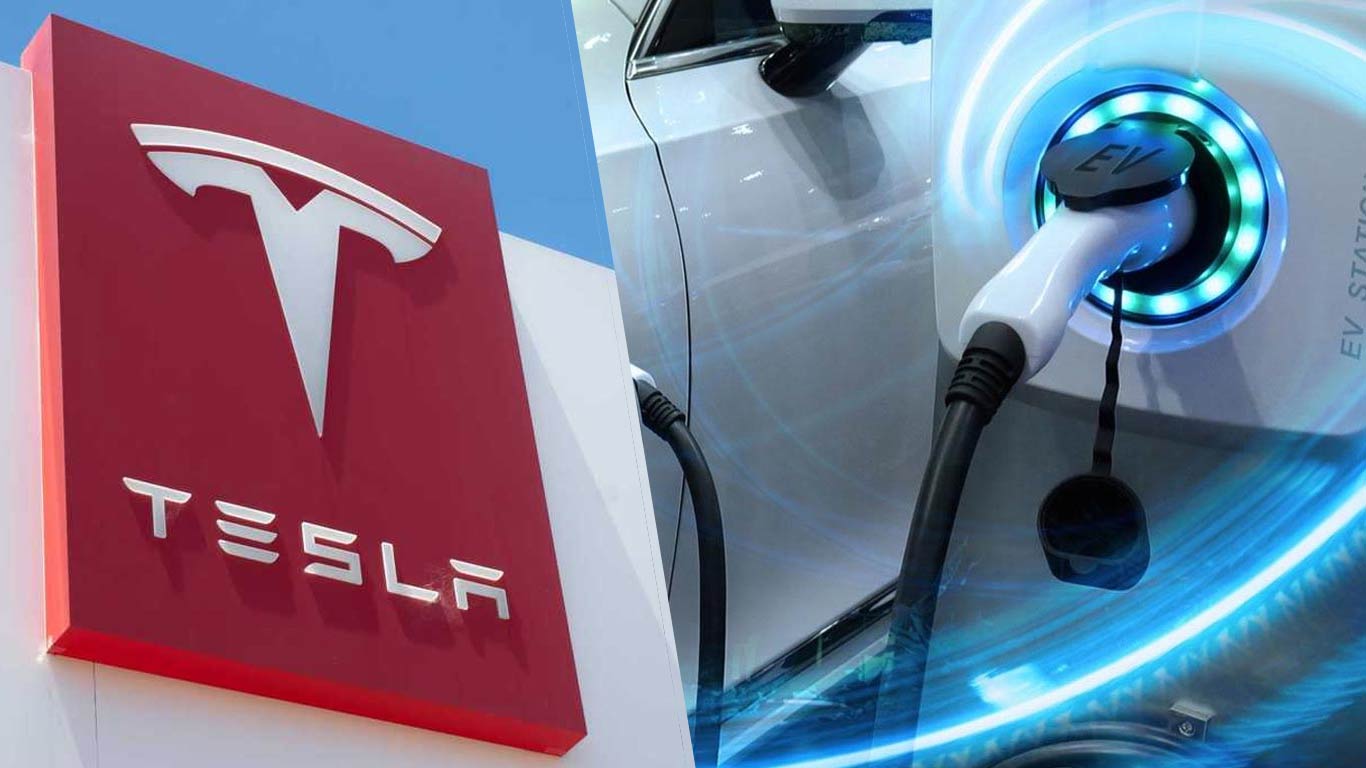
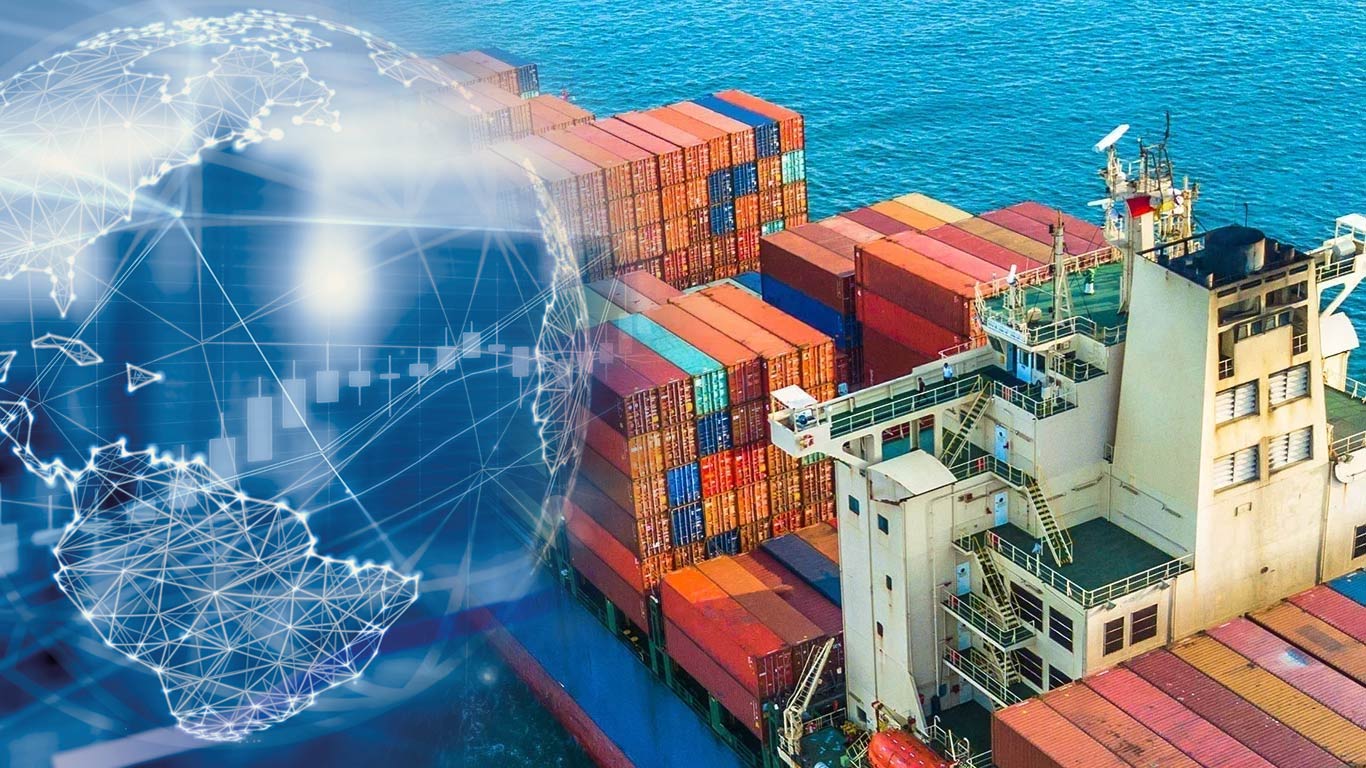





